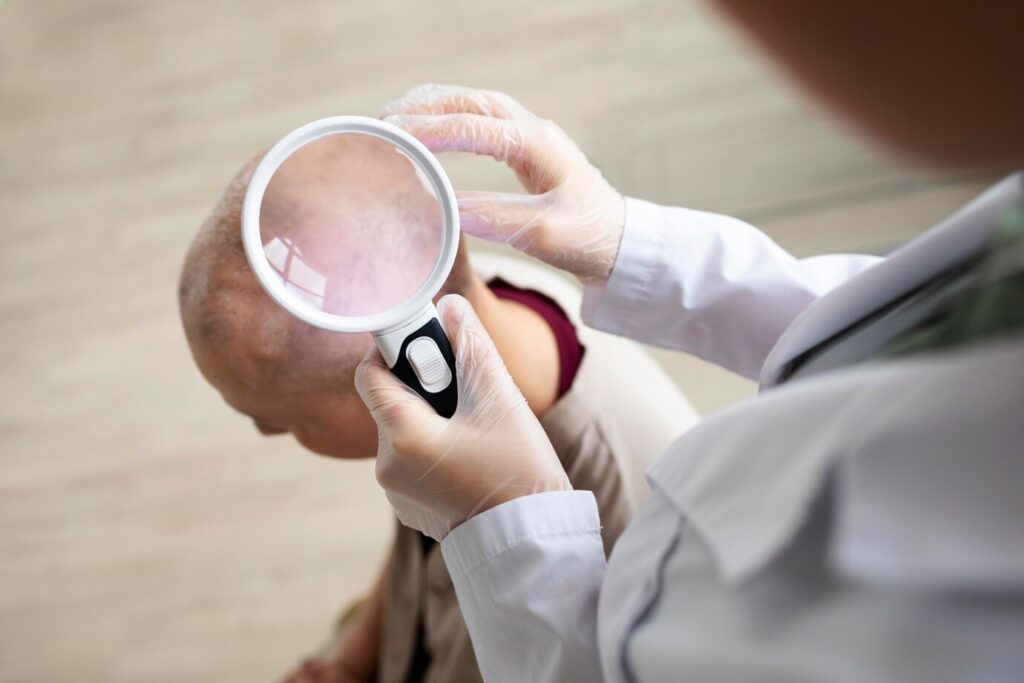Skin Cancer Risk Reductions

Here are some strategies that may help reduce your risk of skin cancer:
- Protect your skin from the sun: The most important step in reducing your risk of skin cancer is protecting your skin from the sun. This includes wearing protective clothing, such as hats and long-sleeved shirts, using sunscreen with at least SPF 30, and seeking shade during peak sun hours.
- Avoid indoor tanning: Using tanning beds or lamps increases your risk of skin cancer, including melanoma.
- Conduct self-examinations: Regularly checking your skin for changes, such as new moles or growths, can help detect skin cancer early when it is most treatable.
- See a dermatologist: If you have concerns about your skin or notice any changes, see a dermatologist. They can examine your skin and recommend any necessary treatment or further testing.
- Stay hydrated: Staying hydrated by drinking plenty of water may help keep your skin healthy and reduce your risk of developing skin cancer.
- Eat a healthy diet: Eating a diet high in fruits, vegetables, and whole grains and low in processed foods and sugar may help reduce your risk of skin cancer.
It’s important to note that some risk factors for skin cancer, such as genetics and a history of sunburns, cannot be changed. However, taking steps to protect your skin and adopting a healthy lifestyle may help reduce your overall risk of developing skin cancer. If you have concerns about your risk of skin cancer or need help developing a risk reduction plan, talk to your healthcare provider. They can help determine which strategies may be most appropriate for you based on your individual risk factors.
